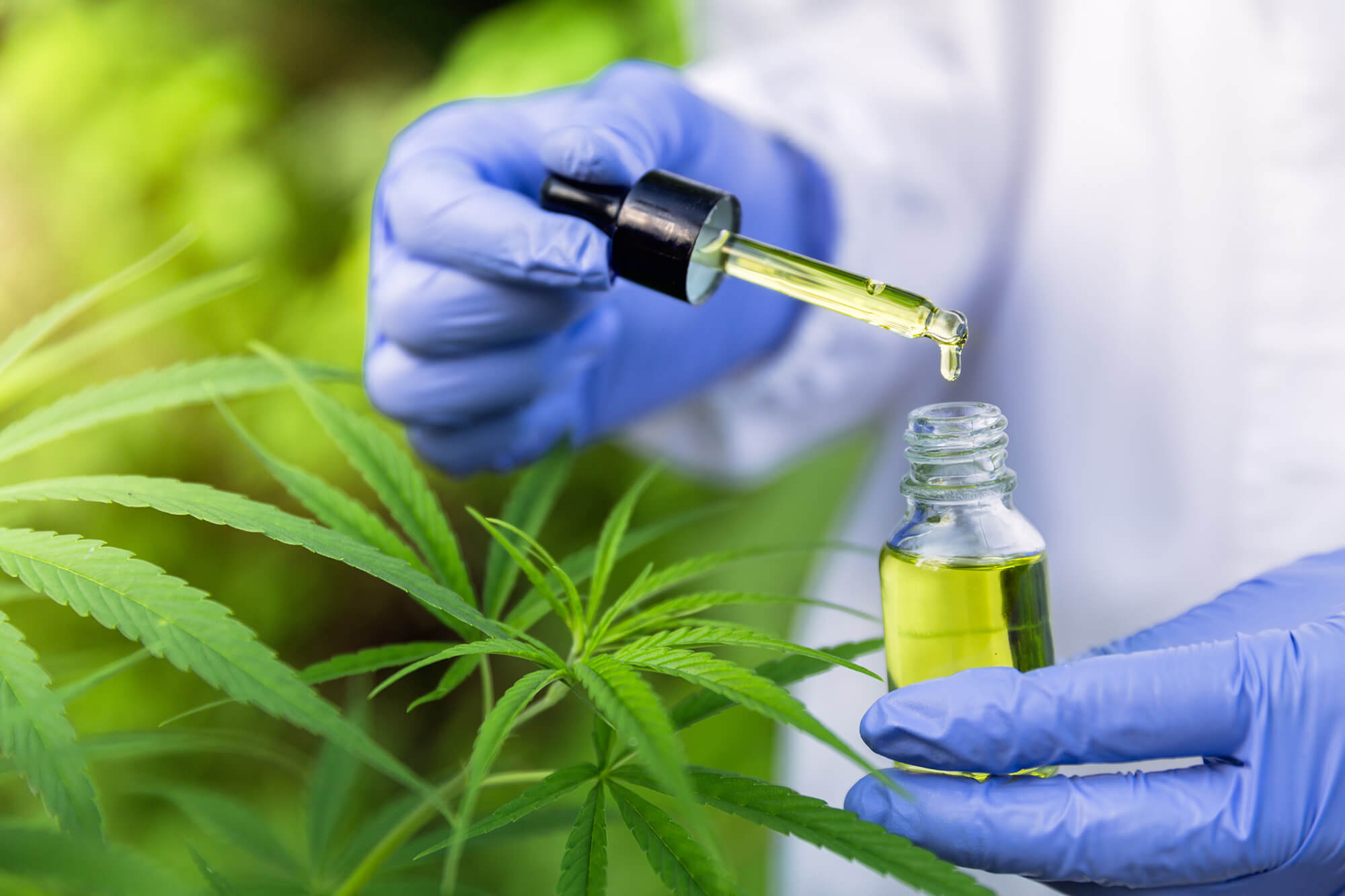Cannabidiol, or CBD, is a synthetic compound found in the cannabis Sativa plant. When applied topically or consumed through smoke inhalation or edible use, CBD collaborates with neuroreceptors in the endocannabinoid structure, which transmit messages between the phones to help manage the development, mood, homeostasis, and resilient structure. Keep reading to get cbd information
Balancing tension and sadness
CBD’s silencing ability is perhaps its best-known impact and the explanation for why its use is so inescapable. A recent report tested the stress levels of 57 men in a reproduced public speaking test. Some were given a fake treatment, while others were given 150 milligrams, 300 milligrams, or 600 milligrams of CBD before their speeches. Subjects who received 300 milligrams of CBD experienced essentially decreased tension during the test, in contrast to people who received the sham treatment. Interestingly, the members who received 150 or 600 milligrams of CBD felt more discomfort during the test than the 300-milligram group. In the meantime, something like a mouse concentrate discovered CBD had impacts like the stimulant imipramine. Human preliminaries are needed, however, to assert whether CBD can activate this equivalent stimulant response in our bodies.
Treat selected epilepsy disorders
In certain instances, CBD can be used to treat epileptic seizures. In 2018, the Food and Medication Organization (FDA) endorsed the use of CBD under the brand name Epidiolex to treat seizures arising from Lennox-Gastaut disorder and Dravet’s condition – two uncommon types of epilepsy – in patients with at least 2 years of age. Three investigations verified around give the premise to help the FDA’s choice.
Treating Narcotic Compulsion
Some trials—both preclinical and preliminary human clinical trials—propose that CBD can be used to help treat narcotics-prone individuals. In one such review, analysts regulated CBD for individuals with heroin use confusion. Throughout the seven days, CBD completely decreased the heroin customers’ initiated cravings, withdrawal jitters, resting pulse, and salivary cortisol levels. No serious antagonistic impacts were found. Different reviews find CBD favorable for decreasing different mental and medical side effects such as tension, sleep deprivation, and agony in patients with substance use problems, showing that CBD can be a convincing therapy for narcotic addiction. Be that as it may, further investigation is essential.
